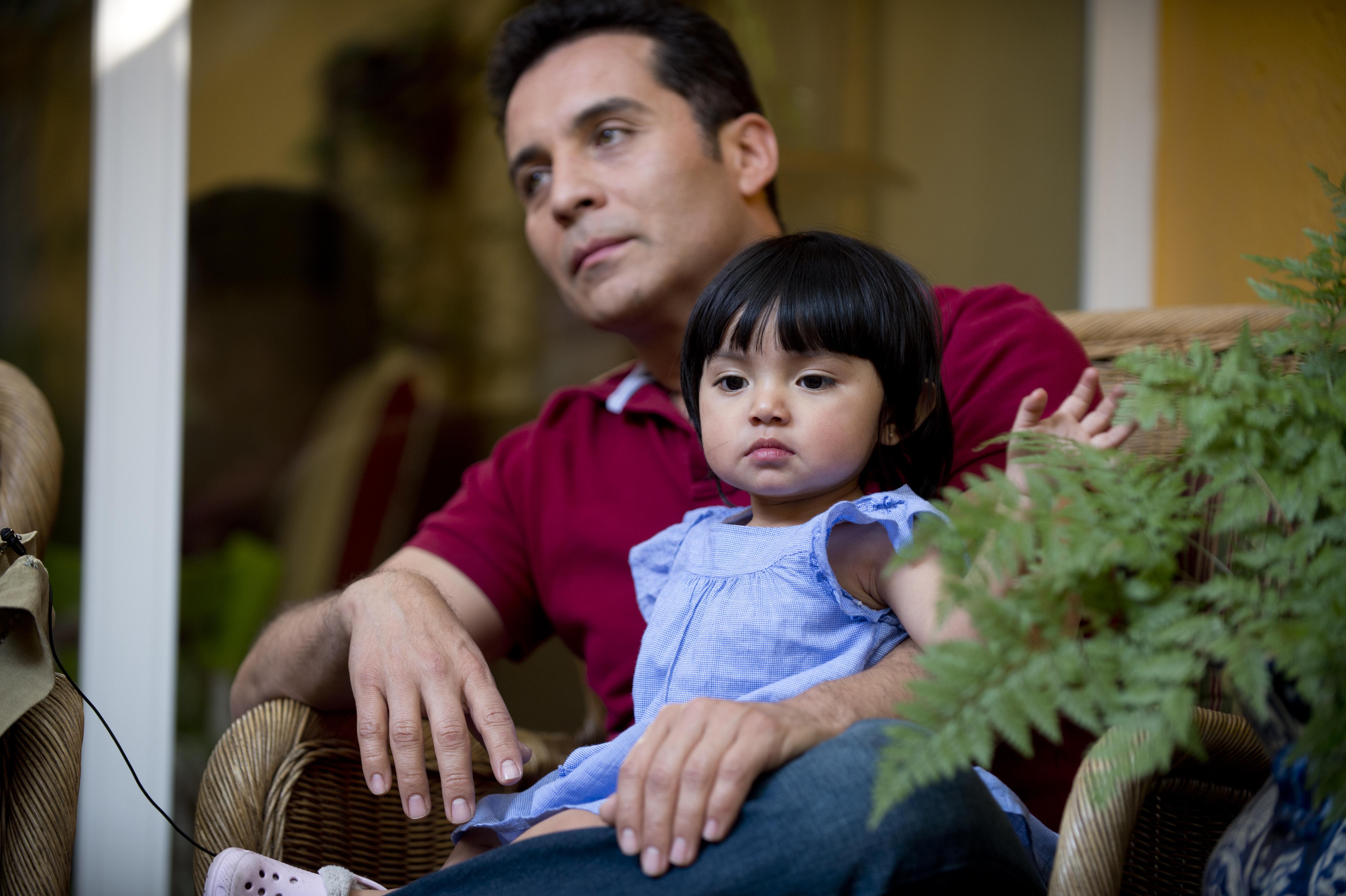Last week, a poll in Utah made national news. A lot of folks (including me) were excited, alarmed, or intrigued because the survey, published by the Salt Lake Tribune, showed a big increase in support for same-sex marriage in one of the country’s most conservative states.
But that’s not the most interesting thing in this poll. The most interesting thing is this: A lot of Utahns think same-sex couples should be allowed to adopt children, but only if the couples are married.
The numbers, presented by the Tribune, are shown in the graphic below. When respondents were asked, “Should unmarried same-sex couples in Utah be allowed to adopt children,” 64 percent said no. Only 26 percent said yes. But when respondents were asked, “Should married same-sex couples in Utah be allowed to adopt children,” they split evenly: Forty-five percent said yes, 45 percent said no.
The Tribune didn’t cross-tabulate these answers, but we can do a quick logical breakdown of the 45 percent who said yes to adoption rights for married same-sex couples. They consist of (a) people who said no to adoption rights for unmarried same-sex couples and (b) people who said yes to adoption rights for unmarried same-sex couples. (Ten percent said “not sure” to each question—let’s assume those were the same folks both times.) The latter group, (b), can’t be greater than 26 percent of the entire sample. Therefore, at least 19 percent of the sample said that same-sex couples should be allowed to adopt children, but only if they’re married.
This confounds the usual spectrum of thinking about same-sex relationships. The usual spectrum, assumed in countless polls, runs from (1) no legal recognition to (2) domestic partnerships that entail some, but not all, of the legal rights and obligations of marriage, to (3) civil unions that entail all the same legal rights and obligations, but avoid the word “marriage,” to (4) full marriage equality. Nonrecognition is thought to be the most conservative position. Marriage equality is thought to be the most liberal position.
What if that spectrum is wrong? Is marriage equality, coupled with lesser rights and obligations for unmarried partners, a more conservative position than allowing only partial legal recognition of same-sex relationships? Is that what 19 percent of Utahns are telling us?
As far as I can tell, nobody has asked such a question in a poll before. Many surveys have compared support levels for same-sex marriage with support levels for same-sex adoption rights—nationally and in Utah, Virginia, France, Israel, and elsewhere—but none of them seems to have offered respondents the option to accept marriage equality while continuing to discriminate between married and unmarried couples.
Four years ago a poll commissioned by One Colorado, a gay rights group, asked residents in that state whether they supported giving certain “rights to committed gay and lesbian couples.” Among the options was “the right for committed same-sex couples to adopt children.” Fifty-six percent of Coloradans said yes to that question. Presumably, the sponsor or the pollsters (Greenberg Quinlan Rosner Research and American Viewpoint) included the word “committed”—twice—because they thought it would produce a higher number.
Does commitment matter? Isn’t marriage a greater commitment than domestic partnership? If same-sex couples are free to marry, should those who marry be entitled to more privileges and benefits than those who don’t?
Look at what happened in Maryland last year. Once same-sex marriage became legal, the governor—a staunch liberal—informed state employees that they would no longer be allowed to get state health insurance benefits for their domestic partners. To keep the benefits, same-sex couples would have to marry, just like opposite-sex couples.
Some gay rights advocates weren’t happy with that decision. “It’s really not the most equitable thing to be doing right now,” said the executive director of Equality Maryland.
No. It isn’t equitable. It’s discrimination on the basis of marital status. But that’s a very different proposition from discrimination on the basis of sexual orientation.
Should state-granted benefits favor marriage over domestic partnership? Should adoption agencies favor married couples? Is everything conservatives said about straight marriage—that it’s better for kids and society—false about sexual orientation but true about marriage? Is this the kind of discrimination conservatives can accept? Is it the kind of discrimination liberals should embrace?
